Home>Storage Ideas>Bathroom Storage>Bathroom Countertop Materials: The Differences Explained
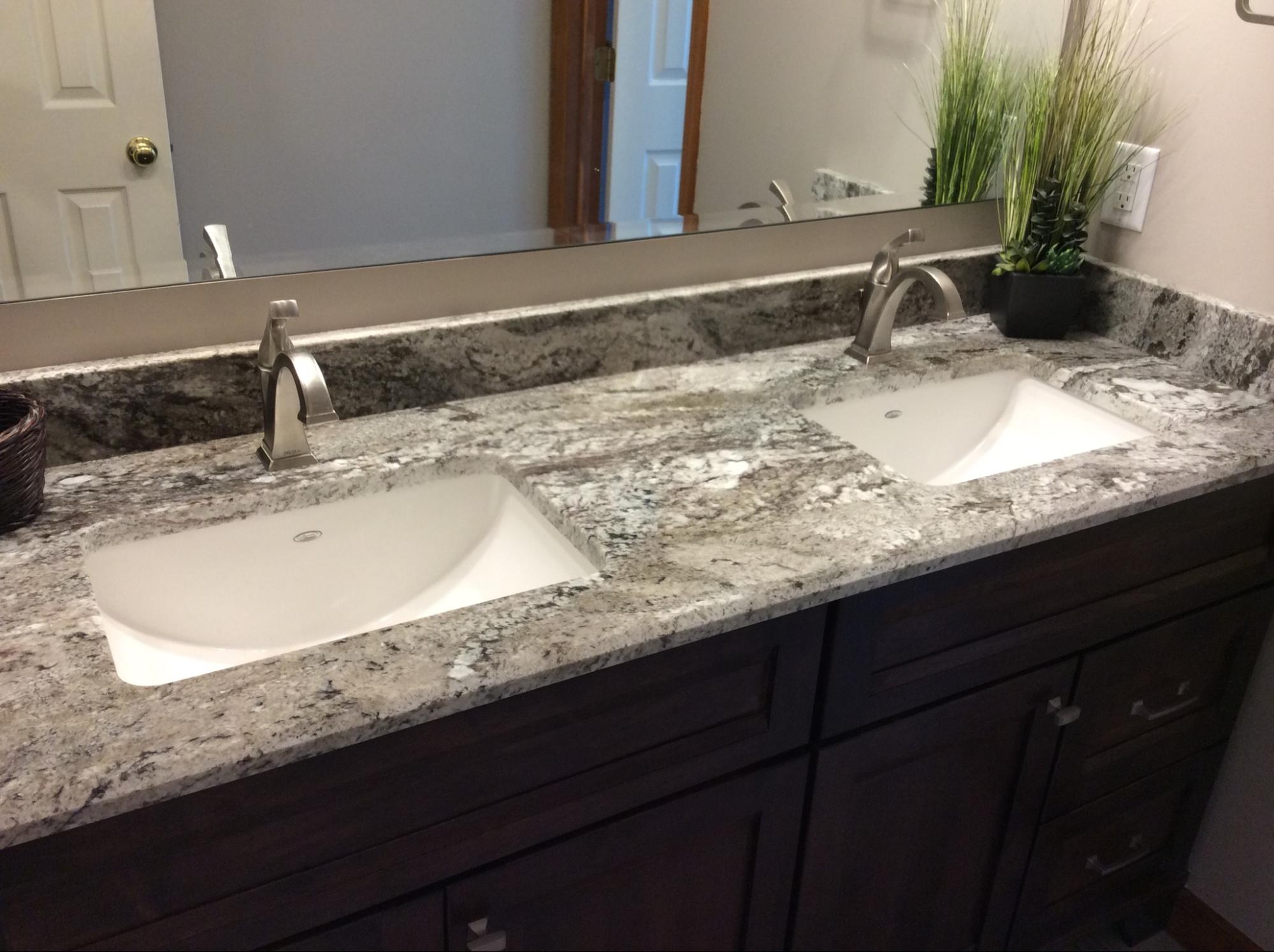

Bathroom Storage
Bathroom Countertop Materials: The Differences Explained
Modified: November 2, 2024
Discover the various bathroom countertop materials and learn about the key differences. From granite to quartz, find the best option for your bathroom storage needs.
(Many of the links in this article redirect to a specific reviewed product. Your purchase of these products through affiliate links helps to generate commission for Storables.com, at no extra cost. Learn more)
Introduction
Welcome to your ultimate guide to bathroom countertop materials! When it comes to designing or renovating your bathroom, choosing the right countertop material is one of the most important decisions you’ll make. Not only does it need to be functional and durable, but it should also complement the overall style and aesthetic of your bathroom.
In this article, we will explore various bathroom countertop options, highlighting their unique features, advantages, and disadvantages. Understanding the differences between these materials will help you make an informed decision that suits your needs, preferences, and budget.
So, let’s dive in and explore the wonderful world of bathroom countertop materials!
Key Takeaways:
- Choose the right bathroom countertop material by considering durability, maintenance, and aesthetic appeal. From elegant marble to versatile quartz, each option offers unique benefits to suit your personal style and budget.
- Prioritize functionality and beauty when selecting a bathroom countertop material. Whether you prefer the timeless charm of wood or the modern appeal of concrete, there’s a perfect option to elevate your space.
Marble Countertops
Marble countertops exude elegance and sophistication, making them a popular choice for luxurious bathroom designs. With their natural veining patterns and timeless appeal, they can instantly add a touch of class to any bathroom.
One of the biggest advantages of marble is its aesthetic beauty. Each slab is unique, showcasing a variety of colors and patterns, from delicate whites to richly veined browns and grays. It can effortlessly elevate the overall look and feel of your bathroom, creating a luxurious and refined atmosphere.
However, it’s important to note that marble is a porous material and is susceptible to staining. It requires regular sealing to protect it from moisture and stains. Additionally, marble is relatively soft and can be more prone to scratches and chips compared to other countertop materials.
When it comes to maintenance, marble countertops demand a bit more care. They should be cleaned with mild, non-abrasive cleaners and wiped dry to prevent water spots or etching from acidic substances. It’s advisable to avoid using harsh cleaning products or abrasive materials that could damage the surface.
Despite these considerations, many homeowners are drawn to the allure of marble and are willing to invest in its beauty. It’s important to weigh the pros and cons and consider factors such as budget, maintenance, and durability when deciding if marble countertops are the right choice for your bathroom.
Granite Countertops
Granite countertops are a popular choice for bathrooms due to their durability, natural beauty, and wide range of color options. This igneous rock has a unique appeal and can instantly enhance the aesthetic of your bathroom.
One of the main advantages of granite is its exceptional durability. It is resistant to scratches, heat, and stains, making it an ideal choice for high-traffic bathrooms. Granite is also non-porous when properly sealed, which prevents the growth of bacteria and makes it easier to clean.
In terms of aesthetics, granite offers a wide variety of colors and patterns, ranging from subtle earth tones to bold and vibrant hues. Each slab of granite is unique, providing a one-of-a-kind look for your bathroom countertops.
While granite is generally low-maintenance, it is recommended to reseal it every few years to maintain its resistance to staining. Regular cleaning with mild soap and water is usually sufficient to keep it looking its best.
One potential downside of granite countertops is that they can be relatively expensive compared to other materials. The price varies depending on the quality and rarity of the granite chosen. It’s important to consider your budget and weigh the cost against the benefits that granite countertops offer.
Overall, granite countertops are an excellent choice for bathrooms that require durability, longevity, and a touch of natural beauty. Whether your bathroom style is modern, traditional, or eclectic, granite can add a level of elegance and sophistication that will withstand the test of time.
Quartz Countertops
Quartz countertops have gained immense popularity in recent years due to their versatility, durability, and aesthetic appeal. Made from engineered stone, they offer a wide range of colors, patterns, and finishes, making them suitable for almost any bathroom design.
One of the major advantages of quartz countertops is their durability. They are highly resistant to scratches, stains, and heat, making them perfect for the demands of a bathroom environment. Unlike natural stones that require sealing, quartz is non-porous and does not require any sealing or special maintenance.
In addition to their durability, quartz countertops are also known for their consistency in color and pattern. Unlike natural stones, which can vary in appearance, quartz slabs have a uniform look, allowing for easier coordination with other bathroom elements such as tiles, fixtures, and cabinets.
Quartz countertops are also known for their superior hygiene properties. Being non-porous, they are resistant to bacteria, mold, and mildew, making them a hygienic choice for bathrooms. They are easy to clean with just soap and water, making them low maintenance and suitable for busy households.
One potential downside of quartz countertops is their susceptibility to UV light. Prolonged exposure to direct sunlight can cause the color of the material to fade over time. Therefore, it’s important to consider the positioning of your bathroom windows and use appropriate window treatments to minimize UV exposure.
Overall, quartz countertops offer a beautiful and durable option for bathroom surfaces. With their wide range of colors and patterns, ease of maintenance, and resistance to stains and bacteria, they can elevate the style and functionality of any bathroom space.
Solid Surface Countertops
Solid surface countertops are a versatile and popular choice for bathroom countertops. Made from a combination of resin and natural minerals, they offer a seamless, durable, and customizable surface that can complement any bathroom design.
One of the main advantages of solid surface countertops is their ability to be molded into various shapes and sizes. This flexibility allows for seamless installations, with no visible seams or joints. It also enables customizations such as integrated sinks and backsplashes, giving your bathroom a sleek and cohesive look.
Another benefit of solid surface countertops is their non-porous nature. They are resistant to stains, bacteria, and moisture, making them hygienic and easy to clean. With regular cleaning using non-abrasive materials, solid surface countertops can maintain their original appearance for years.
When it comes to aesthetics, solid surface countertops offer a range of colors, patterns, and finishes to suit different design preferences. Whether you prefer a classic marble look or a modern, vibrant color, solid surface countertops can be manufactured to replicate various materials or create unique designs.
However, it’s important to note that solid surface countertops are not as resistant to heat and scratches as some other materials. Hot pots and pans should not be placed directly on the surface, and cutting boards should be used to prevent potential damage. While solid surface countertops can be repaired if scratched, it is advised to use caution and avoid abrasive materials.
Overall, solid surface countertops offer a versatile and customizable option for bathroom design. Their seamless integration, easy maintenance, and aesthetic flexibility make them a popular choice for homeowners looking for a practical and stylish countertop solution.
When choosing a bathroom countertop material, consider factors such as durability, maintenance, and style. Granite is durable and low-maintenance, while quartz offers a wide range of colors and patterns. Marble is elegant but requires more upkeep. Consider your priorities before making a decision.
Laminate Countertops
Laminate countertops are a popular and affordable option for bathroom design. Made from layers of paper or fabric impregnated with resin and bonded to particleboard or plywood, laminate countertops offer a wide range of colors, patterns, and textures to suit any bathroom style.
One of the biggest advantages of laminate countertops is their affordability. They are a cost-effective option, making them ideal for those on a budget or looking to update their bathroom without breaking the bank. Despite their affordability, laminate countertops can still provide a stylish and functional option for your bathroom.
In terms of maintenance, laminate countertops are quite easy to clean. They are resistant to stains and require only mild soap and water for regular cleaning. However, it is important to avoid exposing laminate countertops to excessive moisture for an extended period, as this can cause damage to the material.
Laminate countertops are also known for their durability. They are resistant to scratches and impact, making them suitable for households with active bathroom use. However, it’s important to use cutting boards and avoid placing hot pans directly on the surface to prevent potential damage.
While laminate countertops offer a wide range of design options, it’s important to note that they may not have the same high-end aesthetic as natural stone or solid surface materials. Additionally, over time, the laminate layer may show signs of wear and tear and may need to be replaced if damaged.
Overall, laminate countertops provide an affordable and versatile option for bathroom design. With their wide range of colors, patterns, and textures, they can help you achieve the aesthetic you desire without breaking the bank.
Concrete Countertops
Concrete countertops have gained popularity in recent years due to their modern and industrial aesthetic. With their sleek and minimalist look, concrete countertops can transform your bathroom into a contemporary and stylish space.
One of the main advantages of concrete countertops is their versatility in terms of design. They can be custom-made to fit any shape or size, allowing for unique and personalized installations. Concrete countertops can also be pigmented to achieve a wide range of colors, or they can be polished to create a smooth and shiny surface.
In addition to their aesthetic appeal, concrete countertops are highly durable and long-lasting. They are resistant to heat, scratches, and stains, making them suitable for busy bathrooms. However, it’s important to note that concrete is a porous material, and without proper sealing, it can be susceptible to moisture and staining.
Maintenance of concrete countertops is relatively easy. Regular cleaning with a mild soap and water solution is usually sufficient. It’s important to avoid abrasive cleaners that can damage the surface and to reseal the countertops periodically to maintain their durability and resistance to stains.
One potential downside of concrete countertops is that they can be quite heavy and may require additional structural support. The installation process can be complex and may require professional assistance to ensure proper casting, sealing, and finishing.
Despite these considerations, concrete countertops offer a unique and contemporary option for bathroom design. Their ability to be customized, durable nature, and sleek appearance make them an attractive choice for those seeking a modern and industrial aesthetic.
Tile Countertops
Tile countertops are a timeless and versatile option for bathroom design. With their endless array of colors, patterns, and materials, tile countertops can add visual interest and personality to your bathroom space.
One of the major advantages of tile countertops is their durability. Tiles are resistant to heat, scratches, and stains, making them suitable for bathroom use. Additionally, if a tile gets damaged, it can be easily replaced without having to replace the entire countertop.
In terms of design flexibility, tile countertops offer numerous possibilities. From classic ceramic tiles to luxurious marble, and from mosaic patterns to subway tiles, you can create a look that suits your personal style and complements your overall bathroom design.
Tile countertops are also relatively easy to clean and maintain. Regular cleaning with mild soap and water will keep them looking their best. However, it’s important to note that grout lines between tiles can accumulate dirt and require periodic cleaning to prevent discoloration.
One consideration with tile countertops is that the grout lines can be prone to staining if not properly sealed. Properly sealing the grout will help protect it from moisture and staining. It’s also important to be cautious with heavy items as tiles can crack or chip under excessive pressure.
While tile countertops offer endless design possibilities, it’s important to note that the visual appeal can vary depending on the quality of installation. Hiring a professional installer is recommended to ensure precise and even placement of the tiles.
Overall, tile countertops can add charm, character, and durability to your bathroom. With their versatility in design and wide range of materials, they offer a customizable and budget-friendly option for those looking to create a unique and stylish countertop surface.
Wood Countertops
Wood countertops have a warm and inviting appeal, bringing a touch of nature into your bathroom. With their natural beauty and unique grain patterns, wood countertops can create a cozy and rustic atmosphere.
One of the main advantages of wood countertops is their versatility in design. They offer a wide range of wood species to choose from, each with its own distinct color and grain pattern. From oak and maple to exotic woods like teak and bamboo, you can find the perfect wood that complements your bathroom style.
Wood countertops also have a natural warmth and softness to the touch, making them a comfortable surface to work on. They are gentle on glassware and dishes, reducing the risk of breakage compared to harder materials. Additionally, minor scratches and dents can be easily sanded out and refinished to restore the countertop’s original appearance.
When it comes to maintenance, wood countertops require regular sealing to protect them from moisture, stains, and bacteria. Proper sealing creates a barrier that prevents water from penetrating the wood and causing damage. It’s important to wipe up spills promptly and avoid using abrasive cleaners or materials that can scratch the surface.
One consideration with wood countertops is that they are more susceptible to heat and moisture compared to other materials. Hot pans should not be placed directly on the surface, and it is recommended to use trivets or cutting boards to protect the wood from excessive heat and cutting damage.
Overall, wood countertops add a timeless and natural element to your bathroom design. With their warm and inviting beauty, they can create a cozy and welcoming atmosphere. However, it’s important to carefully maintain and protect the wood to ensure its longevity and durability.
Conclusion
Choosing the right bathroom countertop material is a crucial decision when it comes to both the functionality and overall aesthetic of your bathroom. Each material has its own unique advantages and considerations that should be weighed carefully.
Marble countertops offer elegance and sophistication but require regular maintenance and can be more prone to stains and scratches. Granite countertops provide durability and a wide range of colors but can be relatively expensive. Quartz countertops offer versatility, durability, and easy maintenance, but may be susceptible to fading in prolonged sunlight. Solid surface countertops offer seamless integration and customization options but may not have the same high-end aesthetic as natural stones.
Laminate countertops provide an affordable and versatile option, while concrete countertops offer a modern and industrial aesthetic. Tile countertops offer endless design possibilities but require proper grout maintenance. Wood countertops provide a warm and natural appeal but require sealing and protection from moisture and heat.
Ultimately, the choice of bathroom countertop material depends on your personal style, budget, and maintenance preferences. Consider the durability, maintenance requirements, and aesthetic appeal of each material before making a decision.
Remember to properly research and consult with professionals to ensure proper installation and maintenance of your chosen countertop material. Carefully weighing the pros and cons will help you find the perfect bathroom countertop material that not only enhances the functionality of your space but also adds beauty and personality to your bathroom for years to come.
Frequently Asked Questions about Bathroom Countertop Materials: The Differences Explained
Was this page helpful?
At Storables.com, we guarantee accurate and reliable information. Our content, validated by Expert Board Contributors, is crafted following stringent Editorial Policies. We're committed to providing you with well-researched, expert-backed insights for all your informational needs.
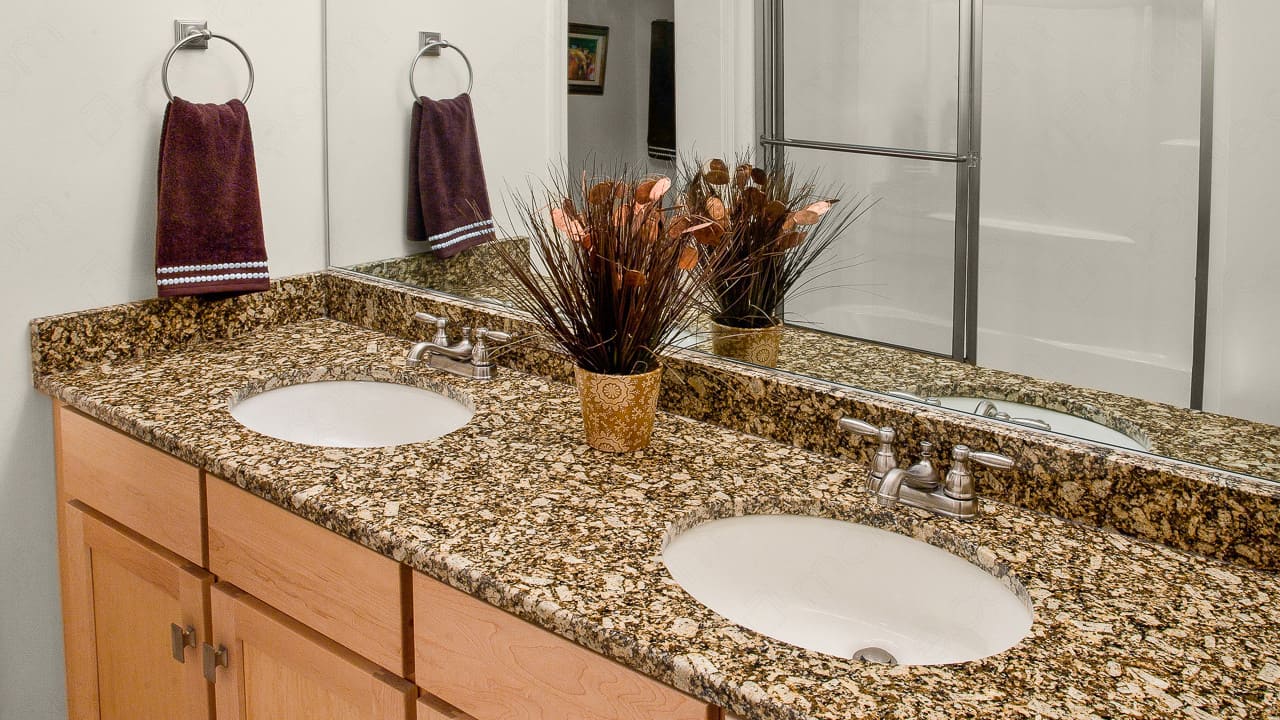
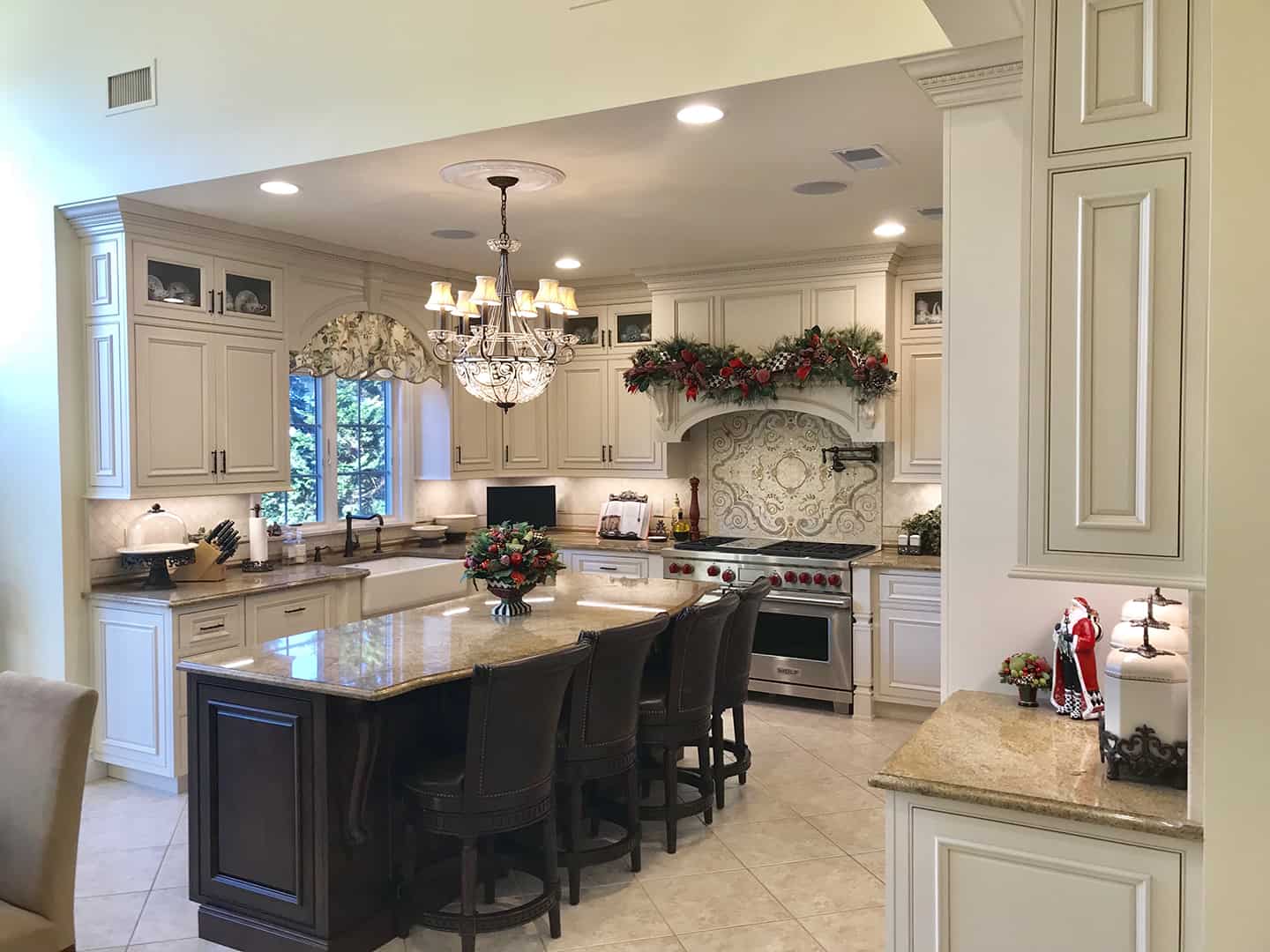
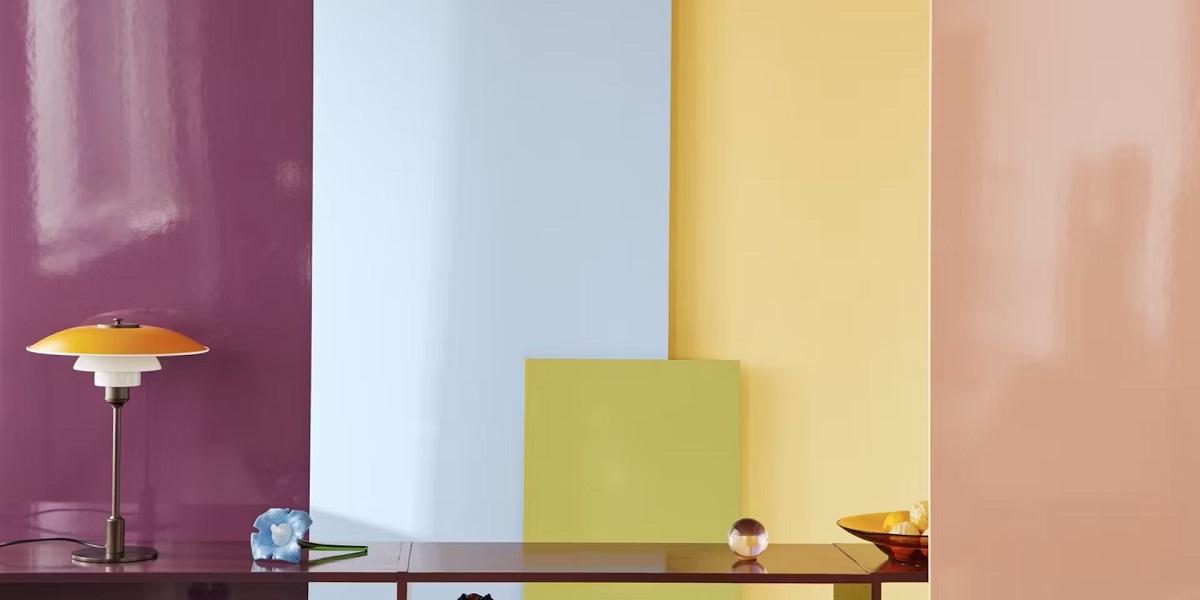
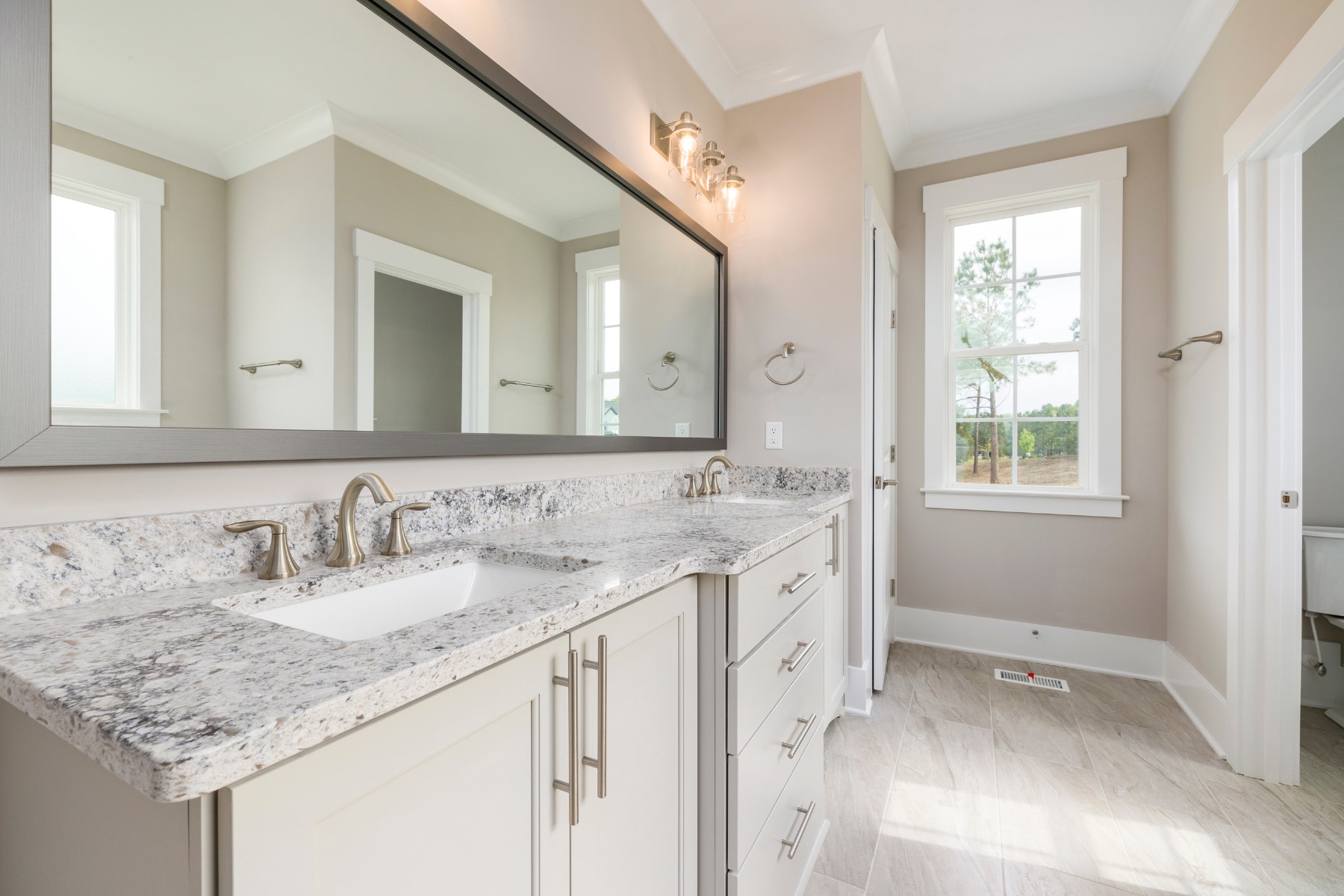
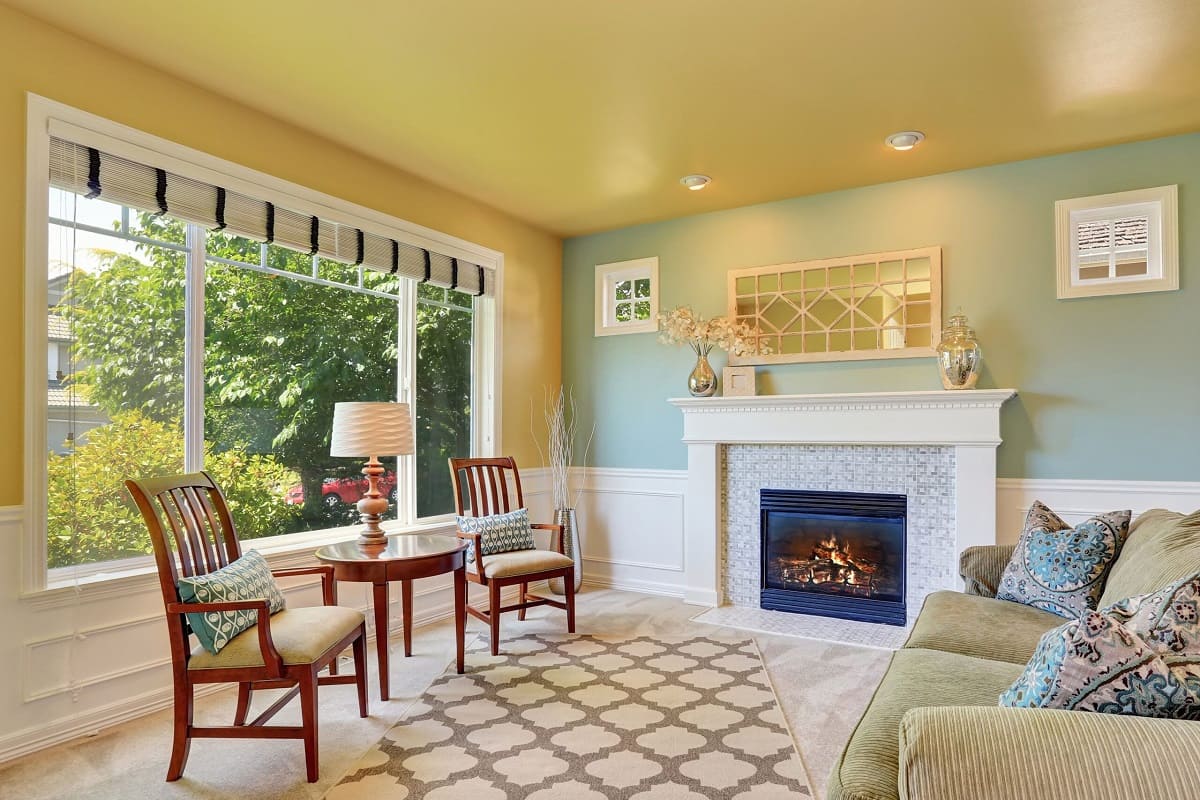

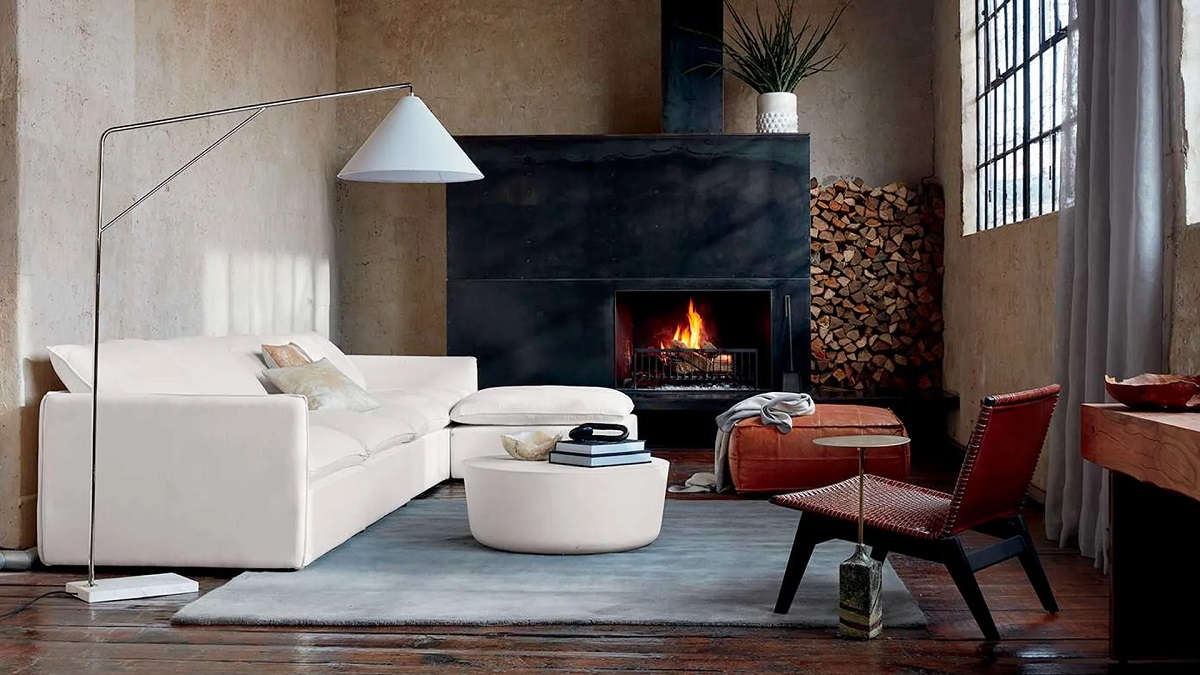
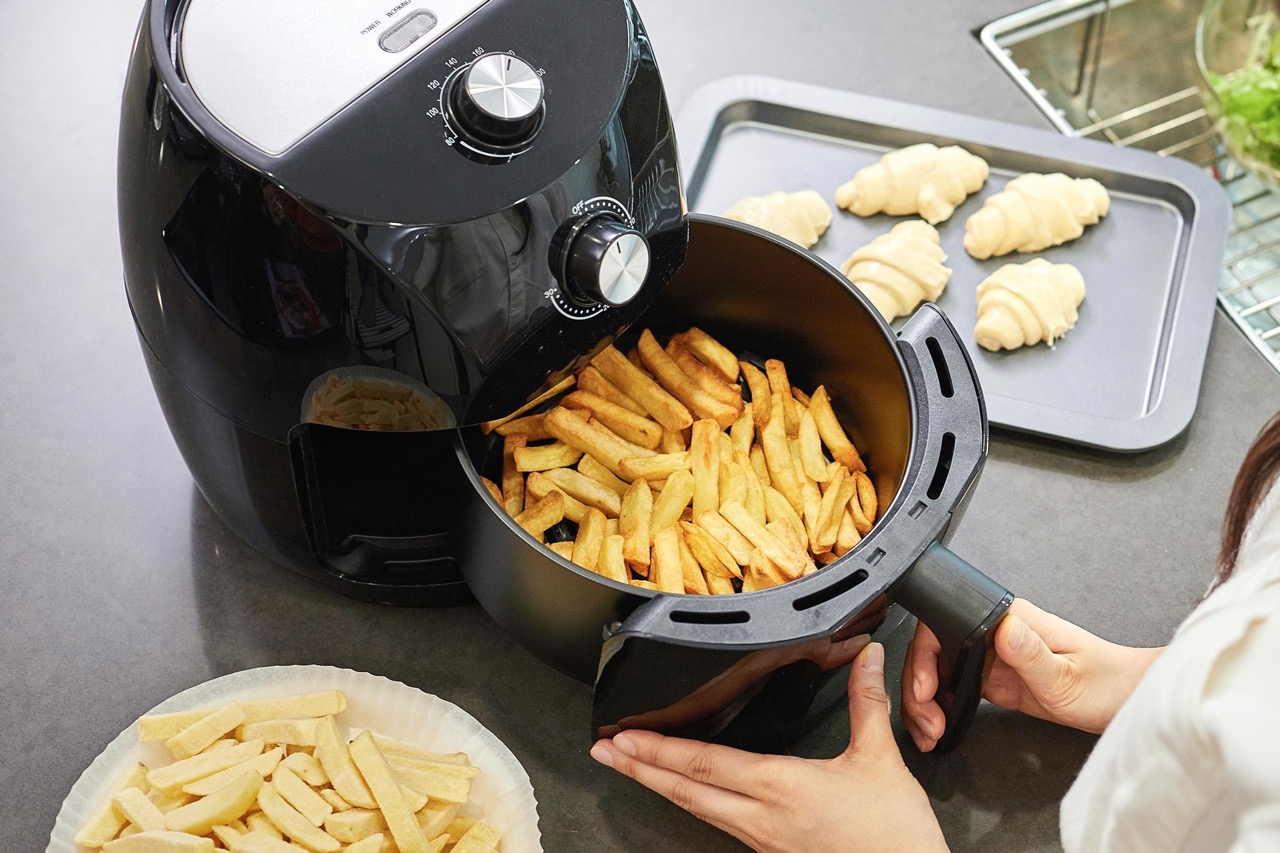

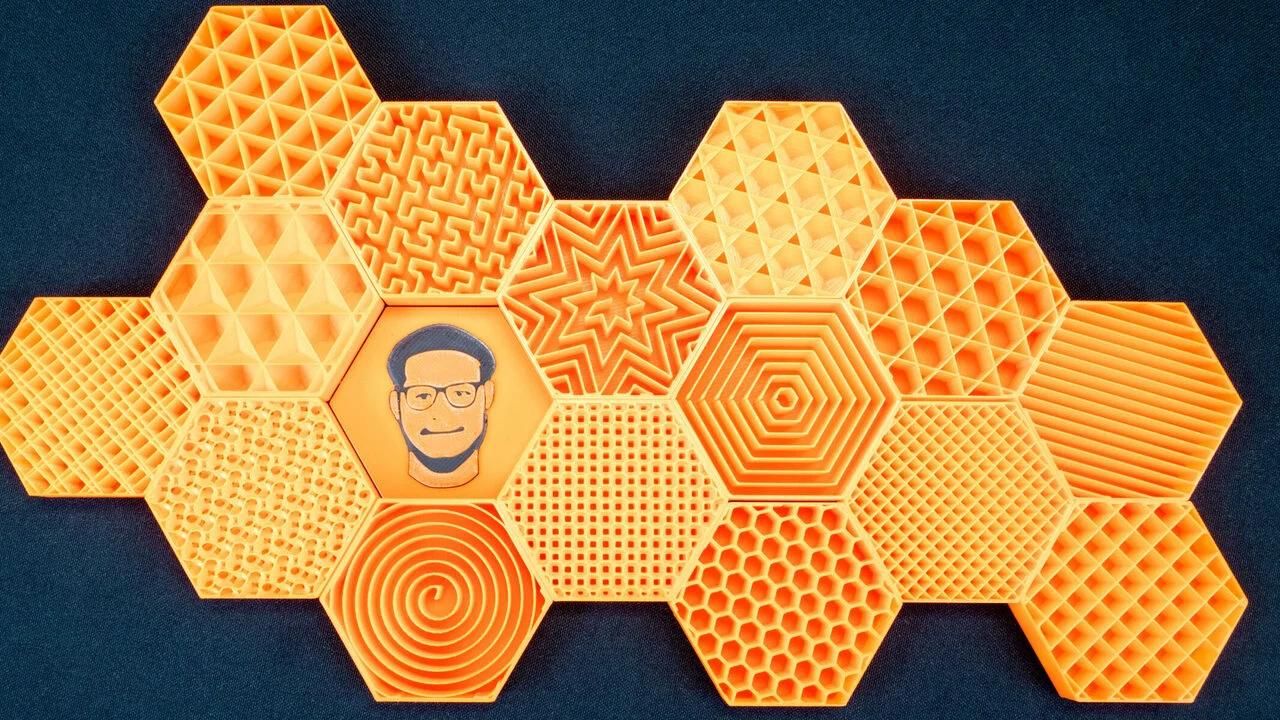
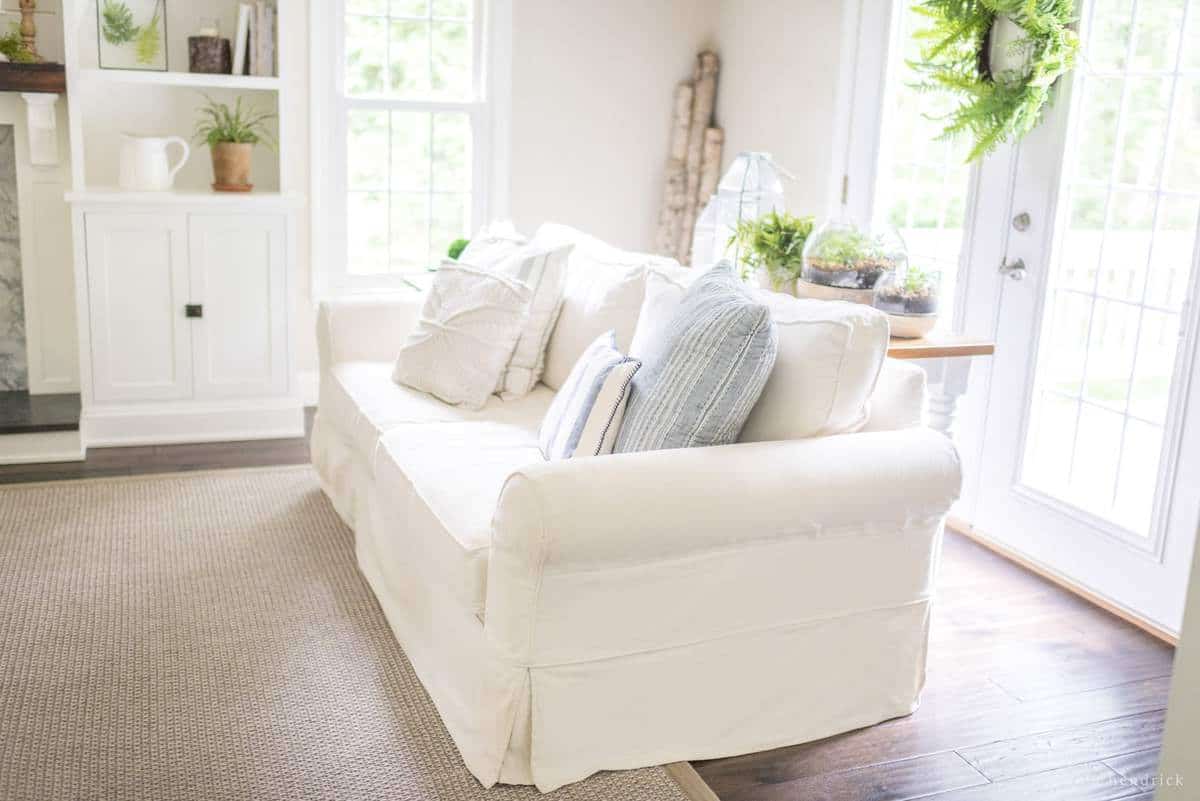
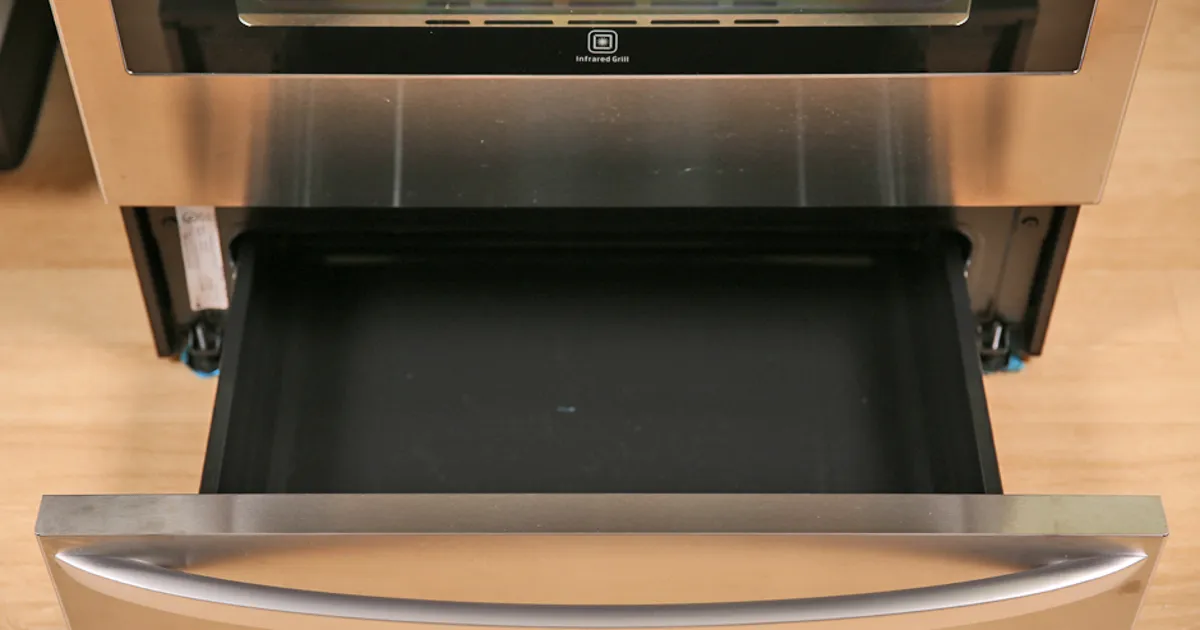
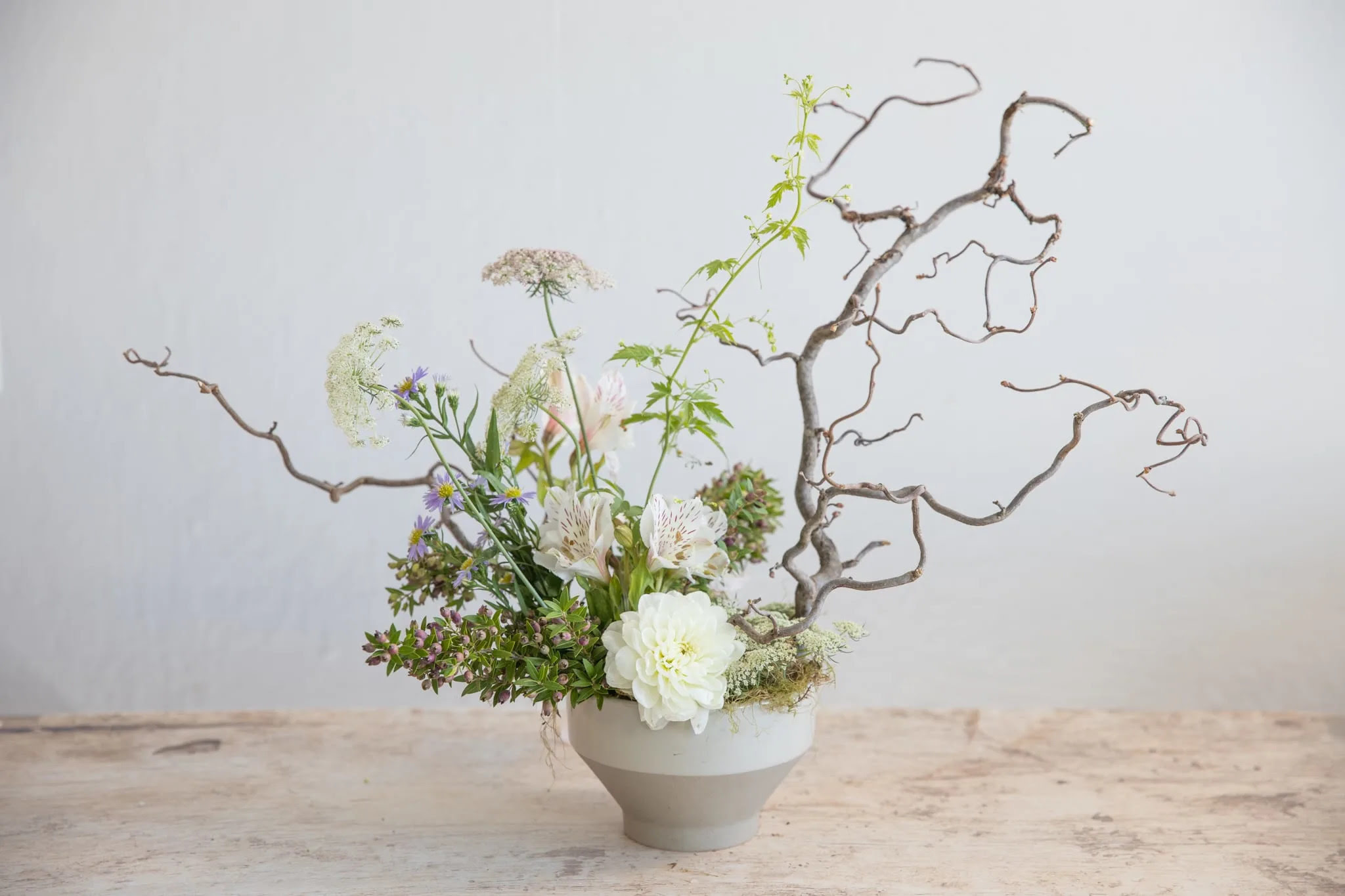

0 thoughts on “Bathroom Countertop Materials: The Differences Explained”